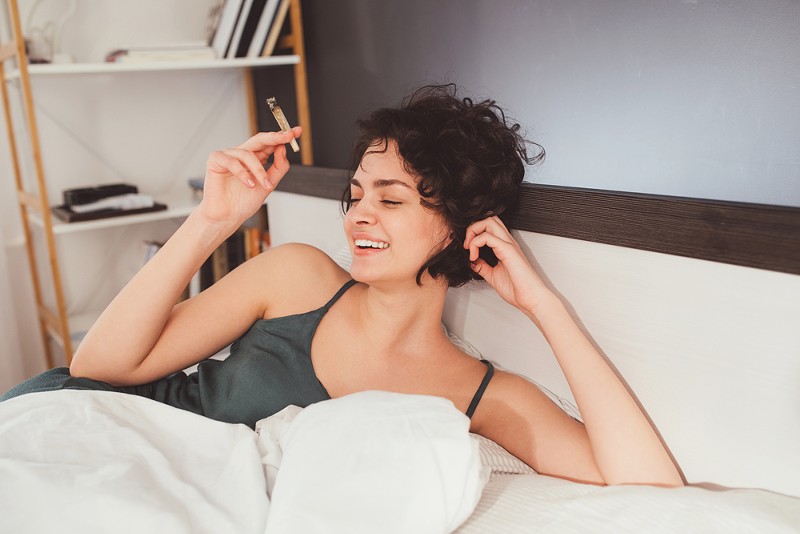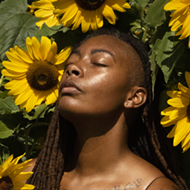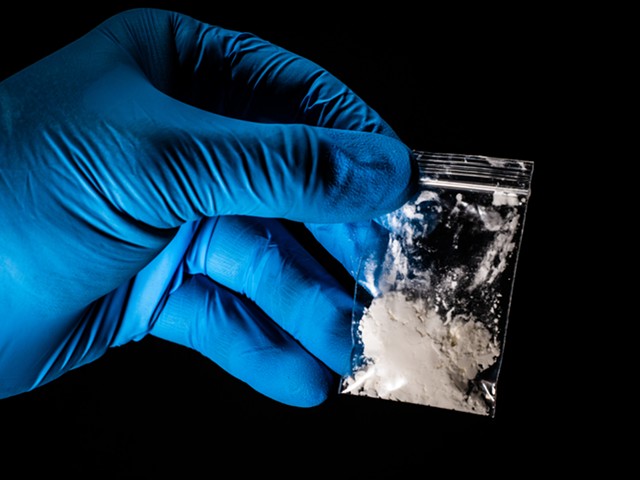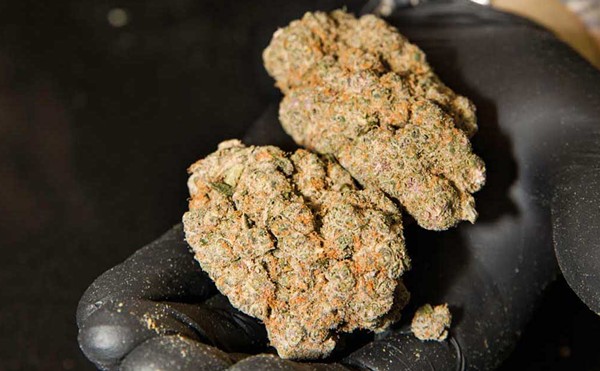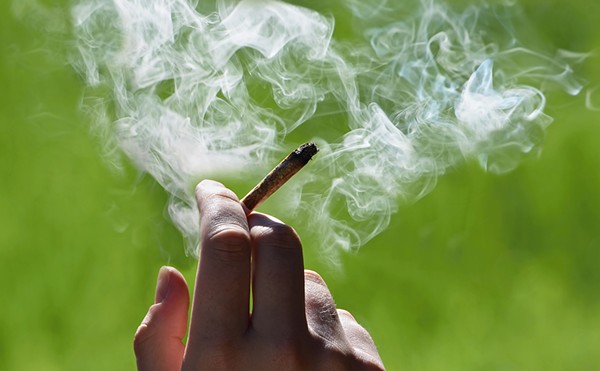If you toke up before bed to get a restful night’s sleep, we ain’t mad at you. The general consensus among cannabis users is that including weed in your nighttime ritual is beneficial for some quality Zs. A new study published Monday in the British Medical Journal is claiming, however, that regular weed consumption can actually be harmful to sleep. Leave it to science to be a total buzzkill.
The study found that adults who used weed 20 or more days in a month were 64% more likely to sleep less than six hours a night and 76% more likely to sleep longer than nine hours a night. People who used cannabis less than 20 days in a month were 47% more likely to snooze nine or more hours a night. Respondents who used cannabis within the last 30 days also were more likely to say they had trouble falling asleep or staying asleep.
Researchers at the University of Toronto analyzed marijuana use for sleep among 21,729 adults between the ages of 20 and 59. The data was gathered by the National Health and Nutrition Examination Survey which represents over 146 million Americans.
While some national news outlets have framed these new “findings” as marijuana “making sleep worse,” the study really just tells us that some potheads were more likely to sleep for longer than nine hours. This doesn’t exactly seem like groundbreaking scientific research to anyone who’s been knocked out cold by an indica-heavy edible or a cup of sleepytime tea laced with a few drops of CBN oil.
It also doesn’t prove an exact link between trouble sleeping and cannabis, as there could be other factors affecting sleep that make people want to partake in the first place, including depression and anxiety. A study from 2018 linked smartphone and tablet use to people sleeping less because of blue light from electronic devices interfering with our natural circadian rhythm. Sleeping disorders were also on the rise in 2020 during the COVID-19 pandemic. Neither of those have anything to do with cannabis use.
One of the study’s lead authors, Calvin Diep, who is an anesthesia resident at the University of Toronto, even told CNN, “the problem with our study is that we can’t really say that it’s causal, meaning we can’t know for sure whether this was simply individuals who were having difficulty sleeping, and that’s why they use the cannabis or the cannabis caused it.”
See, reading comprehension is key.
Many marijuana dispensaries in metro Detroit cater to clientele looking for a strain that will put them in a hazy dream state as they enter the sleep realm. John McLeod, co-founder of Cloud Cannabis Co., told the Metro Times back in April that sleep is the number one ailment people come into the dispensary looking to treat. Cloud Cannabis Co. separates their products into five categories — “sleep,” “energize,” “focus,” “calm,” and “relief.” They even have a box of “sleep-themed” products that includes indica-dominant pre-rolls and 25-milligram caramels from Dream Edibles.
The thing is that the U.S. Centers for Disease Control and Prevention considers seven to nine hours a night as “optimal” for adults and oversleeping can have negative effects like headaches, diabetes, and obesity. Sure, we can see how raiding the fridge for late-night snacks after the munchies hits and then passing out for 10 hours could lead to obesity. There have also been studies that find cognitive performance peaks with around seven hours of sleep, and drops with more or less sleep.
None of that has convinced us to stop taking cannabis gummies before bed. But hey, the more you know.
Stay connected with Detroit Metro Times. Subscribe to our newsletters, and follow us on Google News, Apple News, Twitter, Facebook, Instagram, or Reddit.

